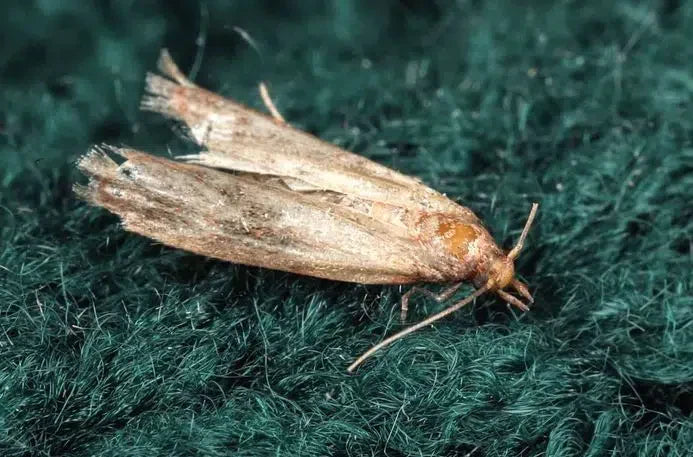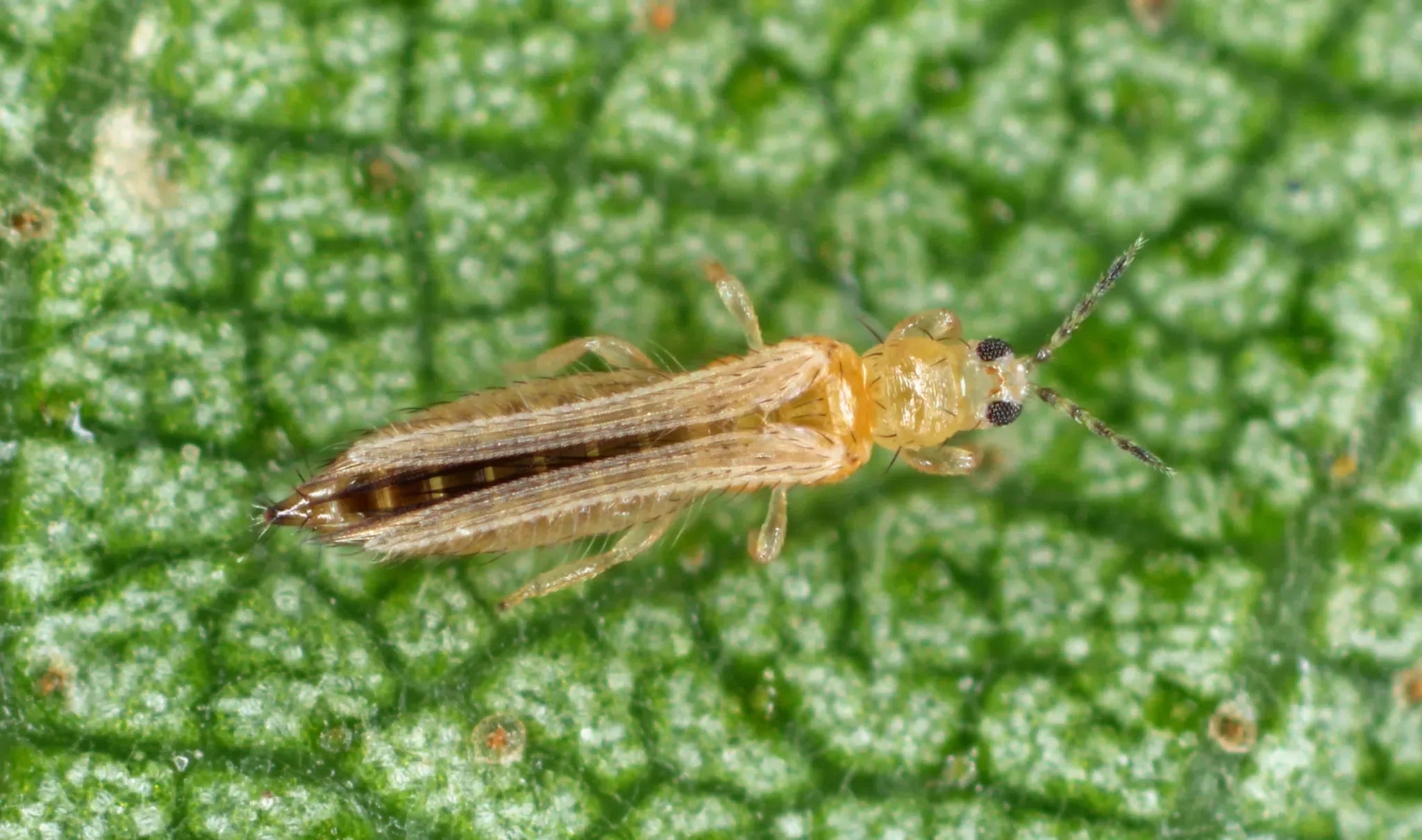Combat whiteflies naturally: Effective beneficial insects for healthy plants
The whitefly is a dreaded pest that can cause significant damage to plants in many gardens and greenhouses. Its ability to suck plant sap makes it a serious problem, especially for ornamental and crop plants. In this article, we'll show you how to recognize a whitefly infestation, what natural methods of control are available, and how you can effectively protect your plants.
An overview of the pest
The whitefly ( Trialeurodes vaporariorum ) is one of the most common pests found in warm, protected environments such as greenhouses or on houseplants. These small, white insects weaken plants by sucking and leave behind a sticky honeydew that promotes mold growth. These problems require swift action to protect your plants and secure your harvest.
Life cycle and reproduction of the whitefly
The whitefly's life cycle begins with the laying of eggs on the underside of leaves. After a few days, larvae hatch and feed on plant sap. An adult whitefly can lay up to 400 eggs, allowing for a rapid population increase. Early detection helps minimize damage.
How to recognize an infestation
- Small, white insects that appear in swarms
- Sticky honeydew on the leaves
- Yellow, weak or deformed leaves
- Larvae or eggs visible on the underside of the leaf
If you notice these signs, you should take appropriate action immediately.
Natural methods to combat
- Ichneumon wasps (Encarsia formosa): Lay their eggs in the larvae of the whitefly and thus stop their development.
- Yellow boards: Catch adult flies and thus reduce the population.
- Neem oil: Herbal solution to support pest control.
- Water jet: Regular showering reduces the number of larvae.
Preventive measures
- Regular inspection, especially of the undersides of the leaves
- Adjust humidity, as dry conditions favor infestation
- Use of yellow signs for permanent reduction
- Targeted use of beneficial insects in spring and autumn
Products for natural control
Our product range includes a selection of environmentally friendly products for whitefly control. We particularly recommend the use of parasitic wasps (Encarsia formosa) , which are easy and effective to use. These beneficial insects offer a sustainable solution for whitefly control without chemicals.
We also offer yellow fly traps and biological sprays that help catch adult flies and protect your plants. These products support natural methods and contribute to environmentally friendly control.
Conclusion
Whitefly control is necessary, but can be effectively and sustainably achieved using natural means. By using beneficial insects such as parasitic wasps and taking preventative measures, you can protect your plants long-term and promote healthy growth. Start today to protect your plants from the damage caused by whiteflies!



